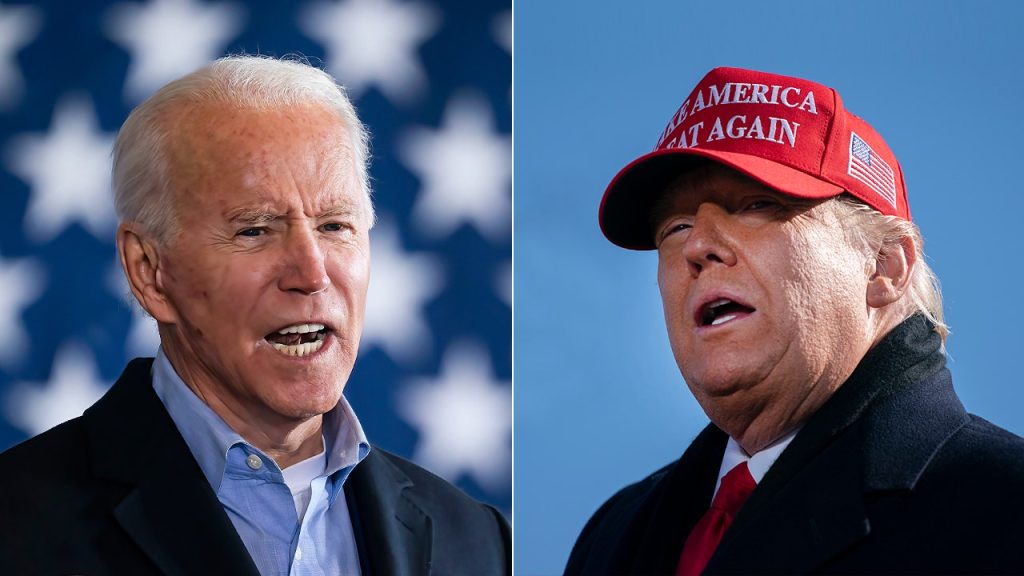In today’s highly polarized political climate, the two major presidential candidates, Donald Trump and Joe Biden, are engaged in intense rhetoric, with each accusing the other of being a threat to democracy. Trump claims that Biden is plotting to have him jailed, while Biden labels Trump as a dictator in waiting. This kind of inflammatory language has become commonplace in the social media age, with partisan beliefs shaping the interpretation of statements and facts. Most Republicans believe Trump’s claims that the 2020 election was stolen, while Democrats see it as a big lie. Nasty personal attacks have become a regular part of the discourse, creating a toxic atmosphere.
Journalists, pundits, influencers, and trolls are seen as the main players feeding into this negativity and polarization. However, co-founders of Axios, Jim VandeHei and Mike Allen, question whether we are truly as divided and dysfunctional as we think. They introduce the concept of a “reality distortion bubble” to describe the current state of affairs. While deep divisions do exist, the authors argue that the loudest voices are often amplified, leading to a skewed perception of reality. Ordinary people who are not consumed by politics or media tend to focus on their daily lives rather than engaging in constant conflict and outrage.
Axios highlights examples that challenge common stereotypes and misconceptions. Not all Christians are white Christian nationalists who worship Trump, not all college professors are trying to silence conservative voices, and not all Democrats want to allow abortions up to birth. Instead, most people are simply going about their lives, focusing on family, work, and personal interests rather than engaging in divisive political debates. The authors suggest that the majority of Americans are not actively participating in the partisan battles that dominate the media landscape.
The authors acknowledge that dysfunction exists in politics, especially in the House of Representatives, where partisan bickering often hampers progress. Issues such as aid to Israel and Ukraine have been stalled due to petty partisanship, contributing to an atmosphere of chaos and gridlock. Politics has seeped into various aspects of society, from sports to popular culture, leading to further division and conflict. Both Republicans and Democrats are guilty of perpetuating this cycle of polarization, with each side focusing on edge-case outrages that feed into their respective narratives.
While there may be hope for a shift away from constant polarization and conflict, the authors express skepticism that change will occur anytime soon. The entrenched divisions and partisan battles in society make it difficult to find common ground and foster a sense of unity. Despite the abundance of shared values and experiences that could potentially bring people together, the current reality distortion bubble continues to shape public discourse and perception. As long as politics remains a pervasive force in everyday life, the authors believe that overcoming polarization will be a challenging task.


